Nigeria’s ambitious plan to expand its broadband infrastructure by 90,000 kilometers is facing major setbacks, as Internet Service Providers (ISPs) appear reluctant to invest and collaborate despite the federal government’s push for nationwide connectivity.
The National Broadband Alliance for Nigeria (NBAN), in partnership with the Ministry of Communications, Innovation and Digital Economy, has been spearheading the project aimed at boosting high-speed internet access across urban and rural communities. However, industry insiders say the initiative is slowing down due to poor private-sector participation and concerns over profitability.
Experts point out that while the government is laying the groundwork for infrastructure through fiber deployment, many ISPs are hesitant to take advantage of the network due to regulatory bottlenecks, rising operational costs, and weak demand in remote areas.
“We have new fibre cables, but not enough takers. The challenge isn’t infrastructure alone it’s about creating a viable business environment where ISPs can thrive,” a senior telecom executive told reporters.
Nigeria currently has one of the lowest broadband penetration rates among major African economies, hovering around 45%, despite steady improvements over the last decade. The 90,000km project was expected to raise this figure significantly and support the country’s digital economy goals, including remote education, e-commerce, and smart governance.
Analysts warn that unless the government provides clearer incentives such as tax reliefs, cheaper right-of-way charges, and flexible policies the broadband expansion may end up as another underutilized infrastructure project.
For millions of Nigerians still struggling with slow and costly internet connections, the delay in adoption could mean prolonged digital exclusion, further widening the gap between connected cities and underserved rural communities.
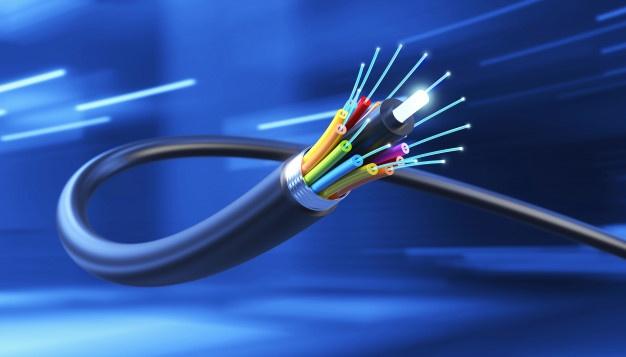


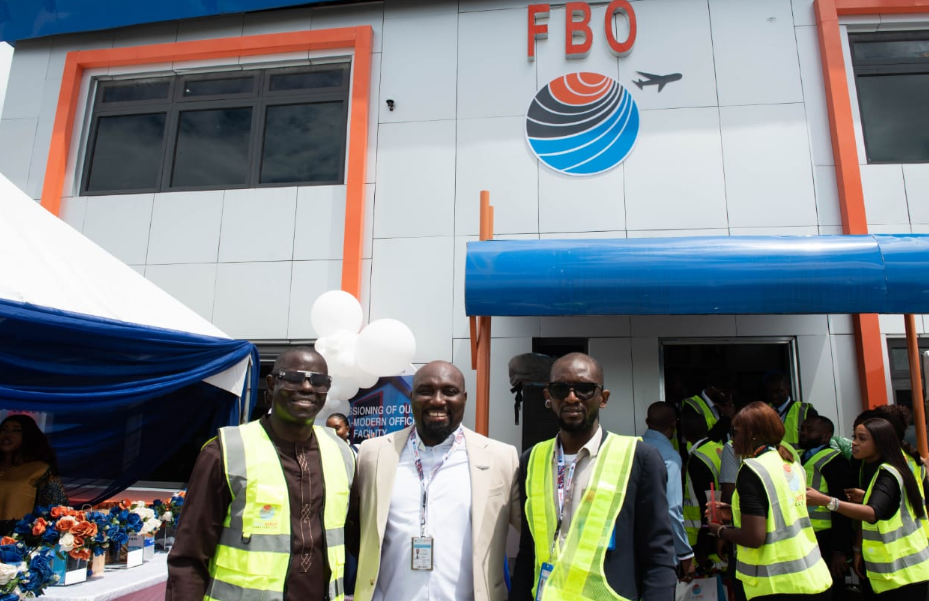
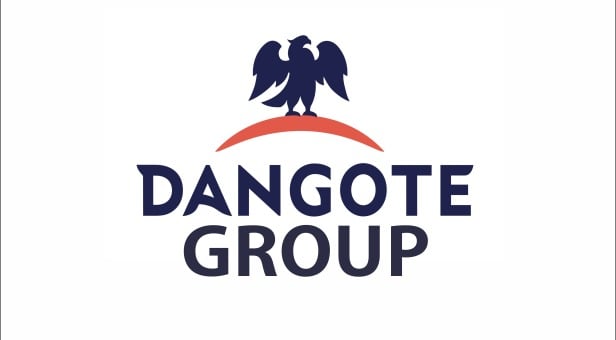
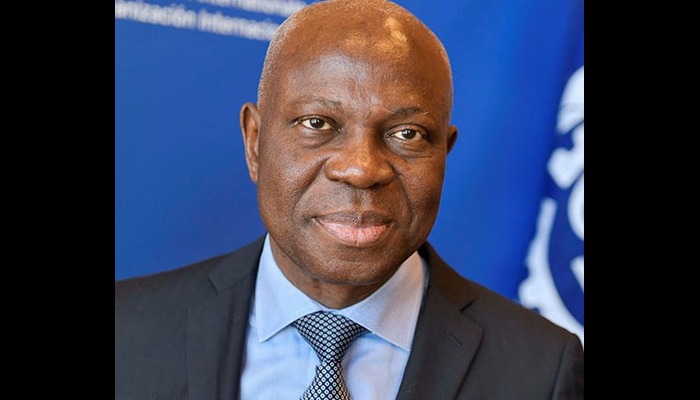
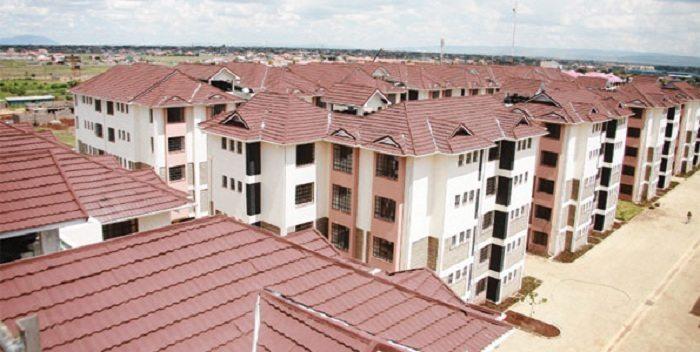



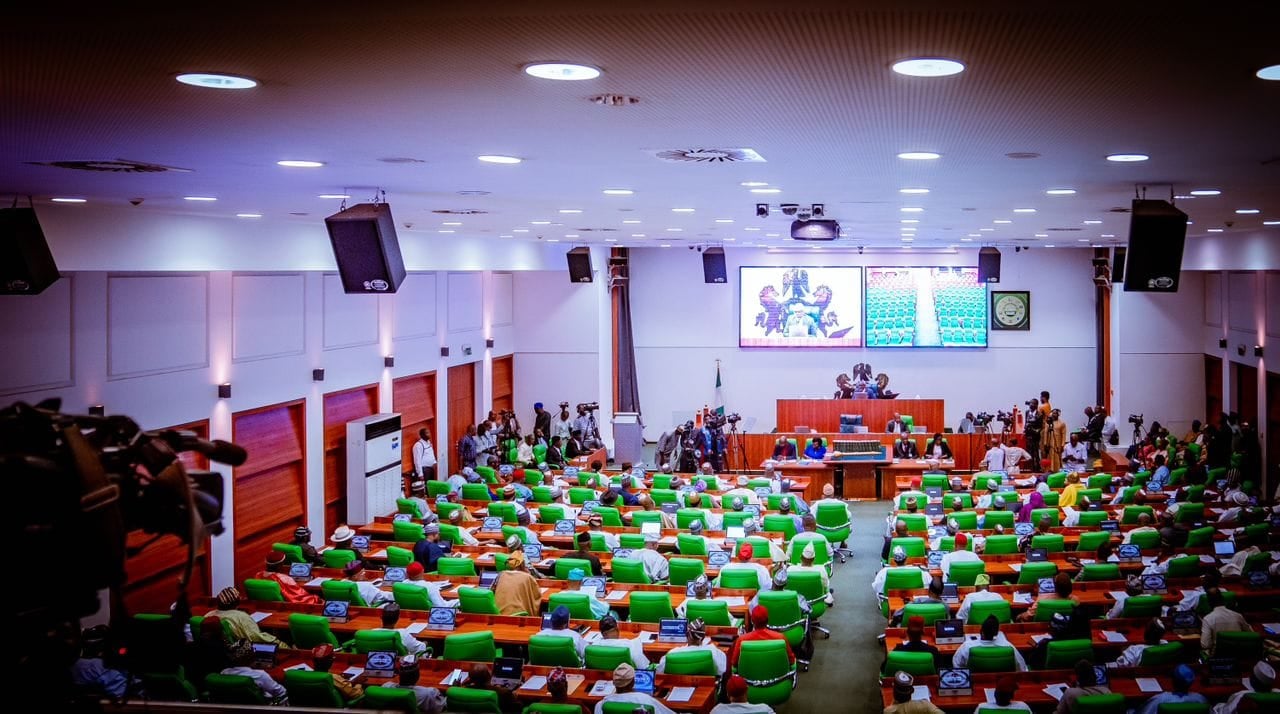
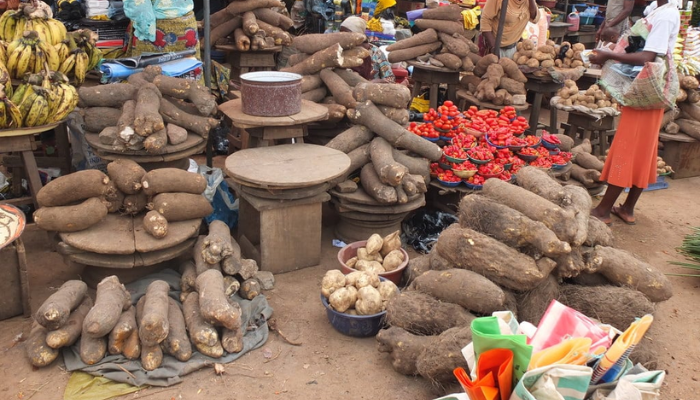
Leave a Reply